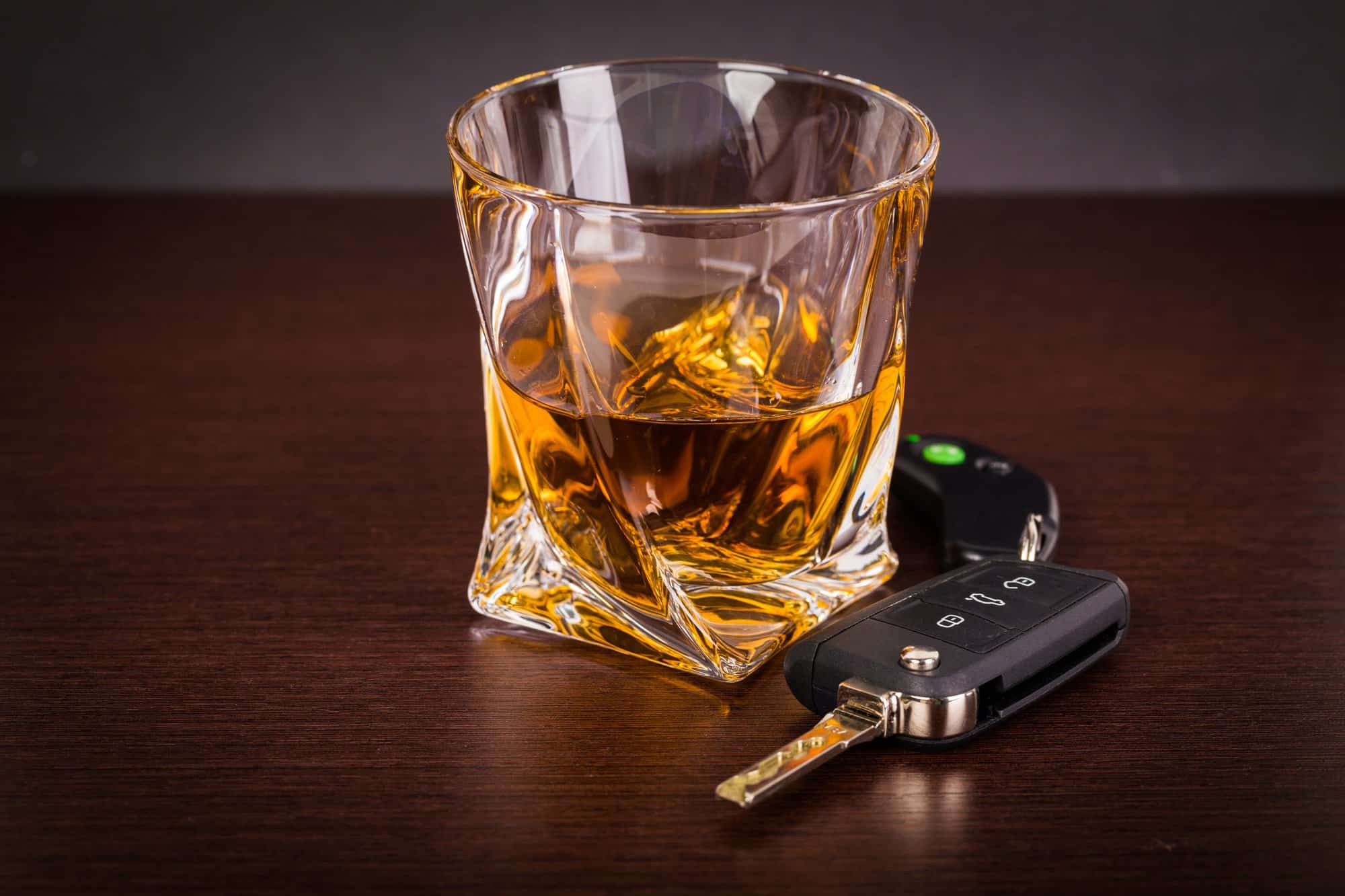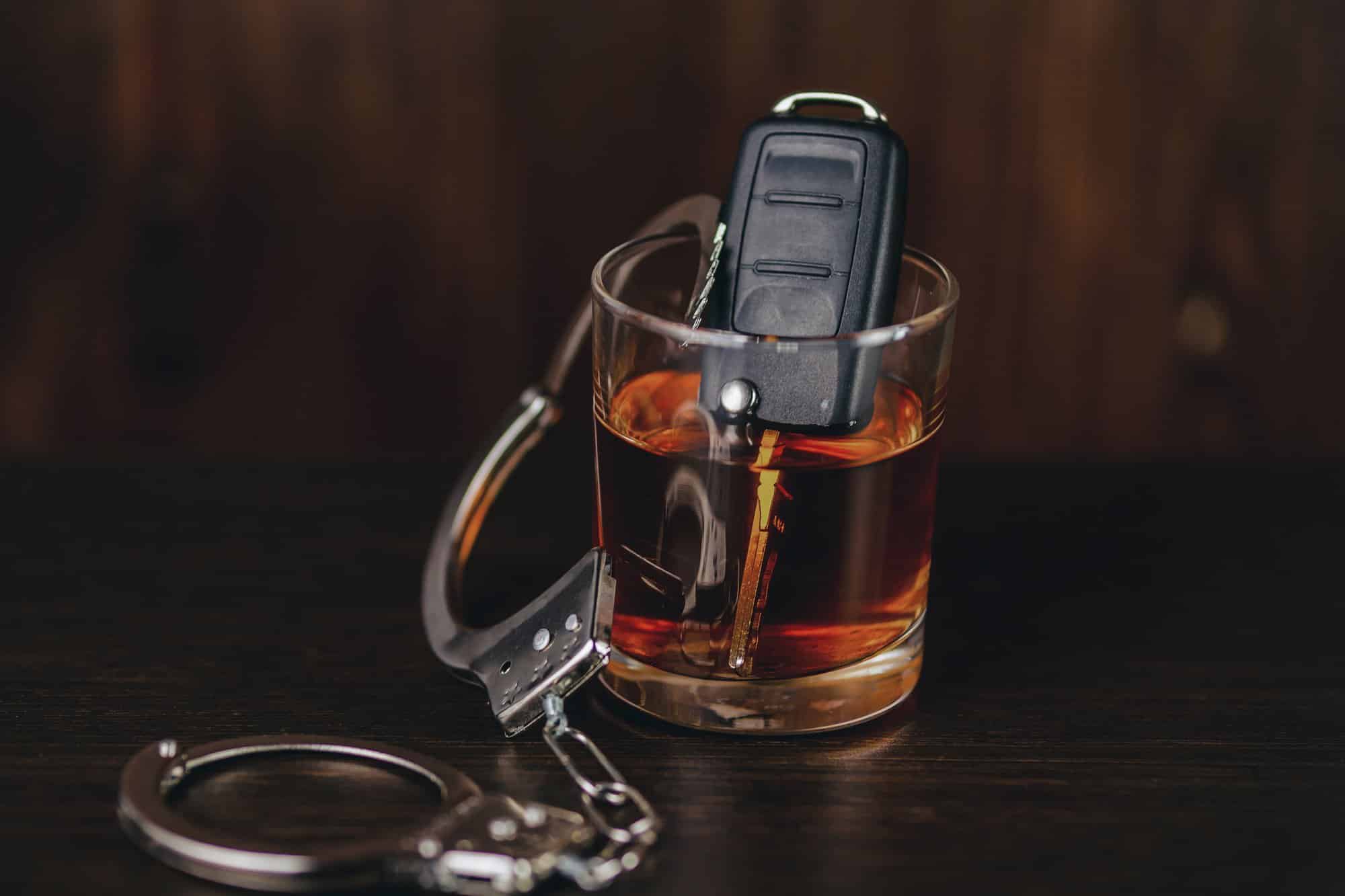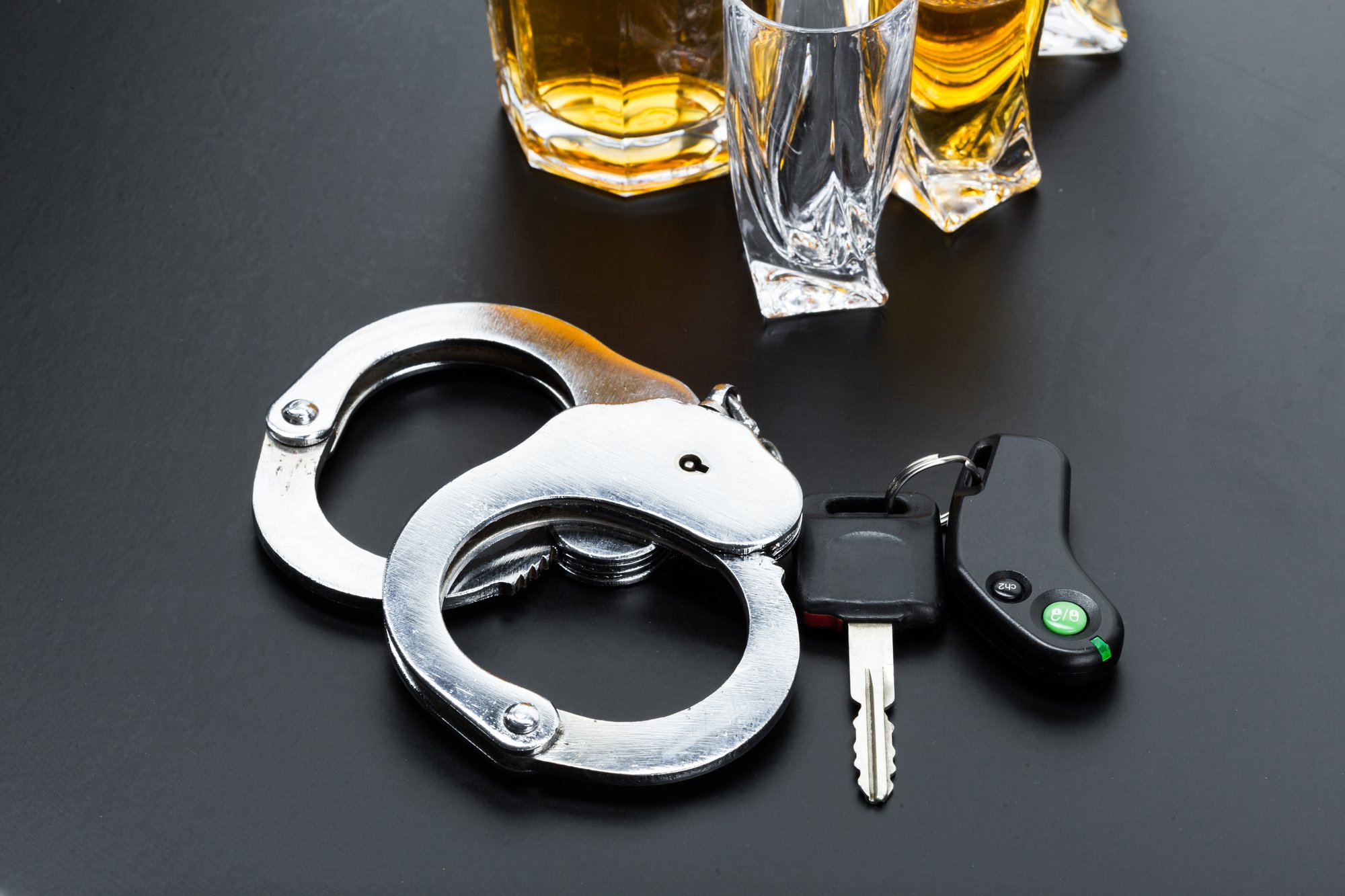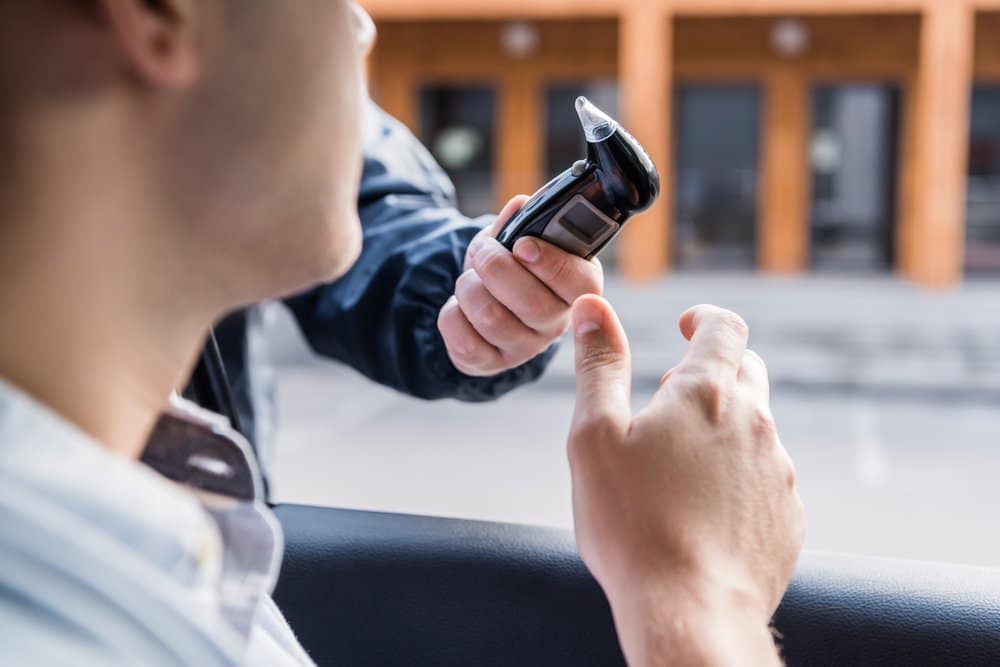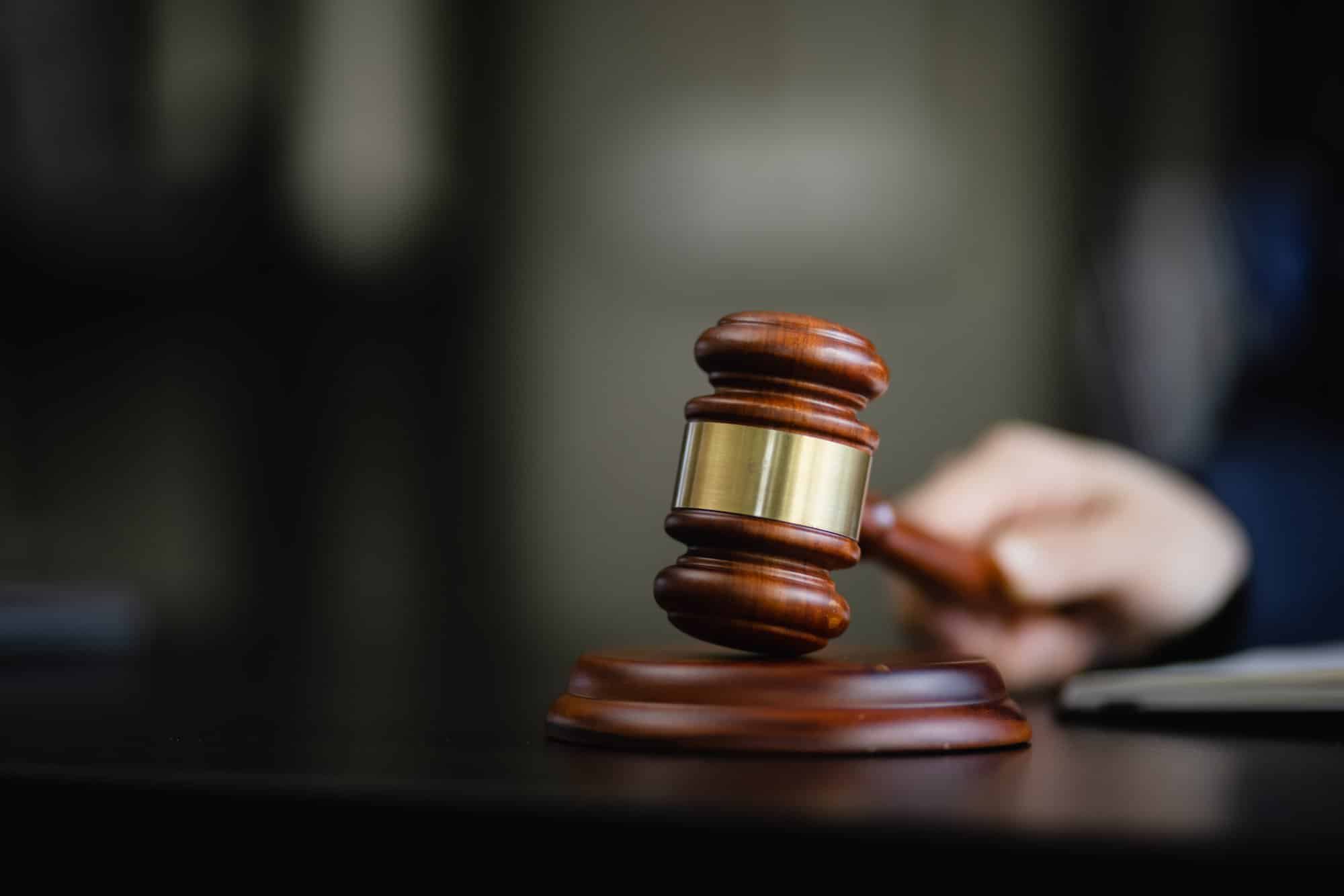Whether the offense involves possession, distribution, or trafficking a controlled substance, being charged with a drug crime can be stressful and overwhelming. If convicted, you could face substantial jail time, significant fines, and a permanent criminal record that could impact you for the rest of your life. It’s important to understand your rights under both the U.S. Constitution and New York State law — and the steps you can take to protect yourself.
Here are several crucial rights you should be aware of if you’ve been charged with a drug crime:
You Have the Right to Remain Silent
One of the most critical rights in the U.S. legal system is the right to remain silent. While anything you say can be used against you in court, the Fifth Amendment affords you vital protections against self-incrimination. This means you are not required to answer any questions asked by law enforcement and investigators. Once you invoke your right to remain silent, the police must refrain from asking you any further questions.
You Have the Right to an Attorney
Under both the Sixth Amendment of the U.S. Constitution and the New York State Constitution, you have the right to legal representation if you’ve been charged with a drug crime, or any other criminal offense. This ensures you are able to defend yourself effectively. However, it’s essential to be aware that the right to an attorney is not automatic — it must be invoked. You can assert your right to an attorney by requesting counsel while you’re in custody or when the criminal prosecution has commenced. This right also attaches once you have retained counsel to represent you in your case.
You Have the Right to Be Protected from Unreasonable Searches and Seizures
The Fourth Amendment to the U.S. Constitution provides you with the right against unreasonable searches and seizures. Many drug cases hinge upon this issue, as improper evidence collection can result in a case being dismissed. Importantly, searches by law enforcement in a drug case must have valid probable cause. In many cases, a search warrant is also needed. If a search warrant is not obtained, the search must have been conducted within one of several narrow exceptions in order for the evidence to be admissible.
You Have the Right to Be Informed of the Charges Against You
The Sixth Amendment provides criminal defendants with the right to be informed of the “nature and cause of the accusation.” This is key to being afforded due process, and allows you to adequately be able to defend yourself against the specific charges you are facing. You also have the right to confront any witnesses testifying against you — including civilian witnesses, law enforcement, and the alleged victim.
You Have the Right to a Speedy Trial
If you’ve been charged with a drug crime, you have the right to a speedy trial. While this right is provided by the Sixth Amendment to the U.S. Constitution, New York State Criminal Procedure Law Section 30.30 imposes specific timelines by which the prosecution must be ready for a trial to begin. These timelines include the following:
- Felonies — Six months
- Class A misdemeanors — 90 days
- Class B misdemeanors — 60 days
- Non-criminal violations — 30 days
While there are many exceptions to the time limits that are imposed (and certain periods of time are not counted toward the speedy trial time requirement), you may be able to request to be released — or the charges against you be dismissed — if the prosecution fails to move forward within the statutory time frame.
Contact an Experienced New York Criminal Defense Attorney
If you have been accused of a drug crime, a skillful criminal defense attorney by your side can protect your rights and fight the charges against you. The attorneys at D’Emilia Law offer trusted representation to those facing charges for drug possession, drug trafficking, and other drug offenses. Applying our extensive experience and deep knowledge, we work to obtain the best possible results in every case. To schedule a consultation, contact us at 1-888-DEMILIA.


